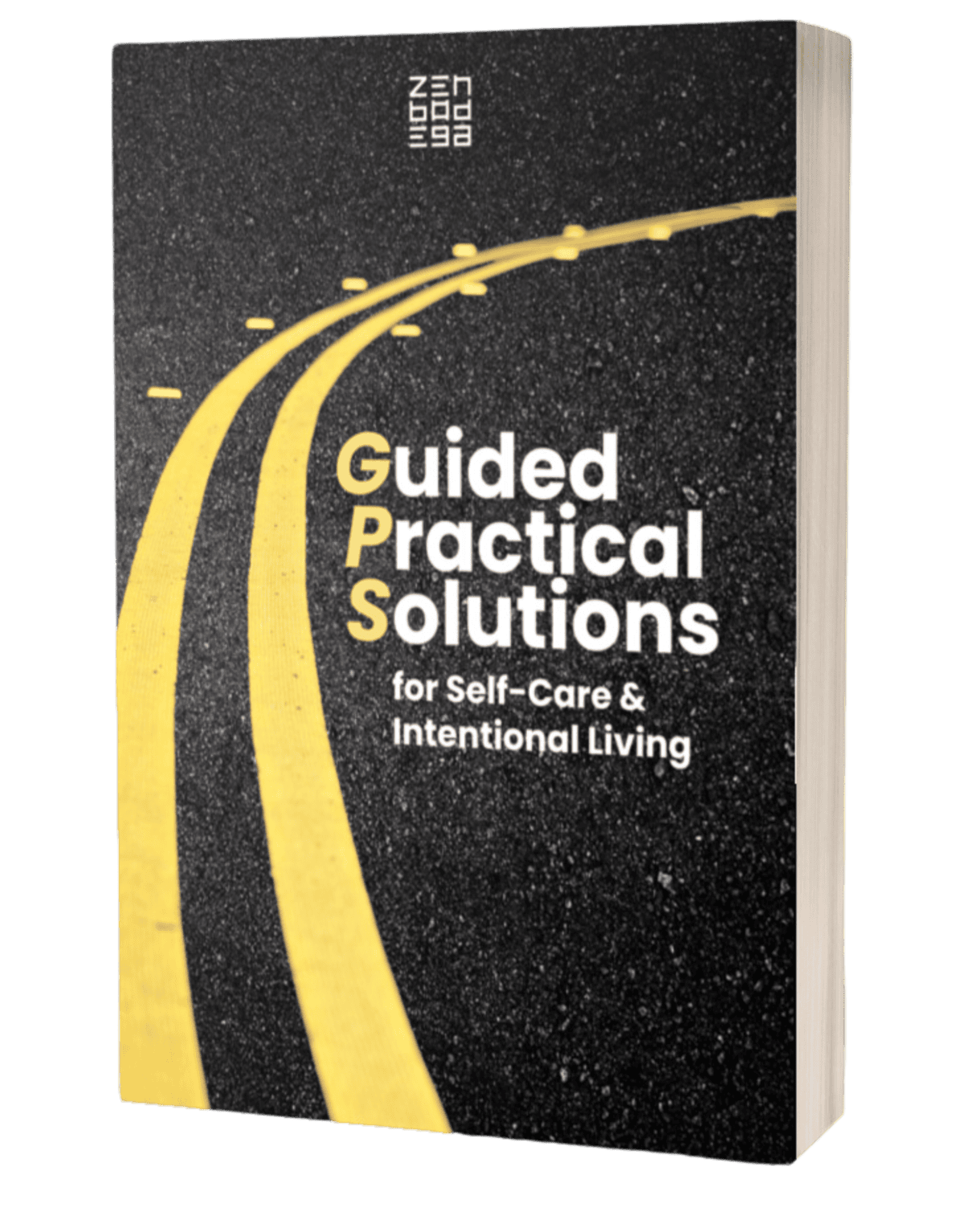Lullabies for Grown-Ups: How Music Can Improve Your Sleep
Do you ever find it hard to fall asleep at night? You’re not alone. Many people toss and turn, trying to catch some Z’s but ending up staring at the ceiling instead. But what if music could help you drift off into dreamland?
Yes, just like lullabies can help babies sleep, certain songs can help adults too. In this article, we’ll talk about how music can be a simple and drug-free way to get better sleep.
We’ll look into why music can make us feel calm and ready for bed, and share tips on how to make music part of your bedtime routine. Let’s find out how turning on some tunes could be the trick to catching those much-needed Z’s.

Understanding Sleep and Its Challenges
Sleep isn’t just about closing your eyes and waking up the next morning. It’s a complex process that goes through different stages, each important for keeping your body and mind healthy. When you sleep, your body goes through cycles of light sleep, deep sleep, and REM (Rapid Eye Movement) sleep. Deep sleep helps your body repair itself, and REM sleep is where most of your dreaming happens, playing a big part in how you learn and remember things.
However, getting a good night’s sleep isn’t always easy. Many adults struggle with sleep problems like insomnia, where it’s hard to fall asleep or stay asleep, and restless leg syndrome, a condition that gives you an irresistible urge to move your legs, making it hard to find peace at night. There are also other issues like sleep apnea, where your breathing stops and starts throughout the night, disturbing your sleep even if you don’t fully wake up.
Stress and anxiety can make these sleep problems worse. When you’re worried or stressed, your mind stays active, making it difficult to relax and fall asleep. This can create a cycle where not sleeping well makes you more stressed and being stressed keeps you from sleeping well. Understanding these challenges is the first step in finding ways to break the cycle and move towards getting the restful sleep your body and mind need.
The Science of Music and Sleep
Music has a magical way of reaching deep into our brains and bodies, affecting us in ways that can significantly improve the quality of our sleep. When we listen to music, it doesn’t just enter our ears; it touches our hearts and minds. Here’s how music works its magic to send us off to dreamland:
How Music Affects the Brain and Body:
- Soothing the Brain: Music has the power to calm the mind. It can lower the brain’s activity level, helping it to slow down and signaling that it’s time to rest. This effect is similar to turning down the lights before bedtime, telling your body it’s time to sleep.
- Changing Our Heart Rate: Slow, calming music can lower your heart rate, making you feel more relaxed. Just like a lullaby can soothe a baby, certain types of music can create a peaceful state for adults.
- Reducing Stress Hormones: Listening to music can decrease the levels of cortisol, a stress hormone, in your body. With lower stress levels, your body finds it easier to fall asleep.
Research on Music and Sleep:
Several studies have shown that listening to music before bed can help people with sleep disorders like insomnia. In these studies, participants who listened to calming music before trying to sleep reported falling asleep faster and sleeping more deeply than when they didn’t listen to music. This suggests that music isn’t just a traditional remedy but has scientific backing as a treatment for sleep difficulties.
Psychological and Physiological Mechanisms:
- Psychological Comfort: Music can provide a sense of safety and comfort, much like a bedtime story or a warm blanket. It can distract from anxious thoughts and focus the mind on pleasant, calming sounds.
- Physiological Relaxation: Slow, gentle music can stimulate the parasympathetic nervous system, the part of your body that helps control relaxation. Activating this system helps prepare your body for sleep by slowing down your breathing, reducing blood pressure, and relaxing muscles.
Elements of Sleep-Inducing Music
Creating the perfect playlist for sleep involves understanding the elements that make music conducive to relaxation.
Characteristics of Sleep-Inducing Music:
- Tempo: Slow tempos are key. Songs with a tempo of 60 to 80 beats per minute (BPM) can synchronize with the heart rate, helping it to slow down and inducing a state of relaxation conducive to sleep.
- Rhythm: Gentle, predictable rhythms can be more soothing than complex or upbeat rhythms that might keep the mind active.
- Instrumentals: Lyrics can sometimes distract the mind by engaging the language centers of the brain. Instrumental music or songs with soft, unintelligible vocals (like some forms of ambient or classical music) are often more relaxing.
- Frequency: Lower frequencies and soft, mellow sounds can be more calming than high-pitched tones.
Listen to Our Relaxing Playlist for Better Sleep
Include our playlist link/QR
The Takeaway
Music has a gentle yet strong power to usher us into a serene sleep, acting through its ability to calm the mind, lower stress hormones, and synchronize our heart rate with its soothing rhythms. Integrating music into your pre-sleep routine, by selecting tunes with slow tempos, soft melodies, and a personal touch of familiarity, offers a straightforward and effective method to enhance sleep quality.





